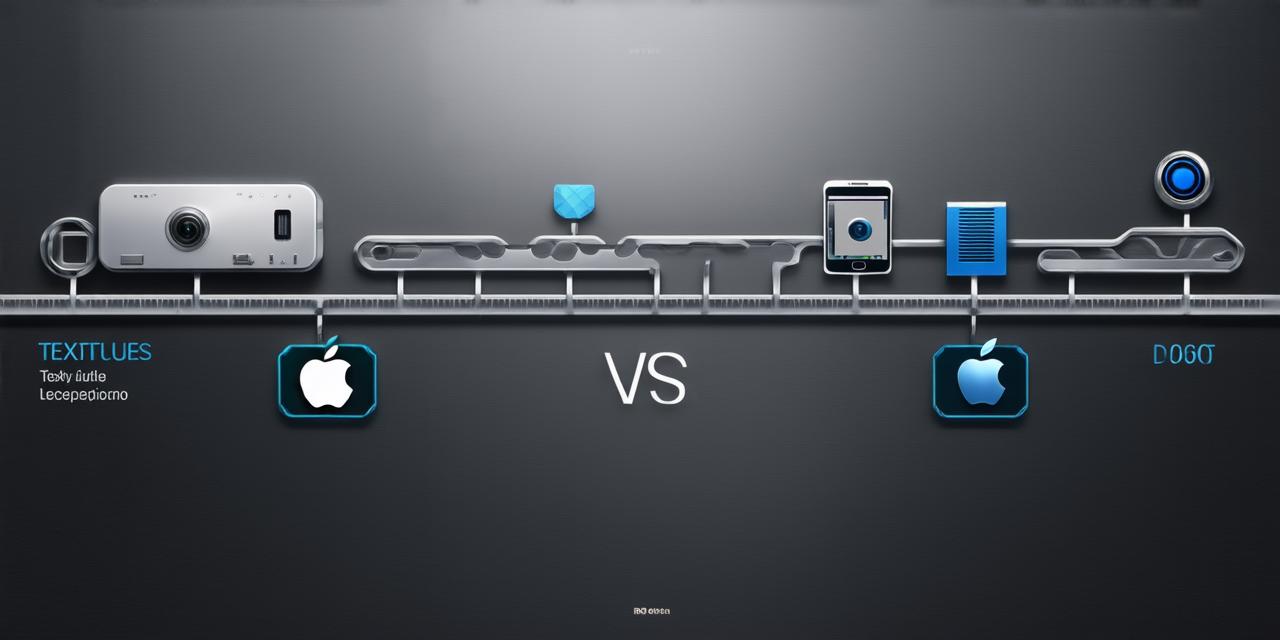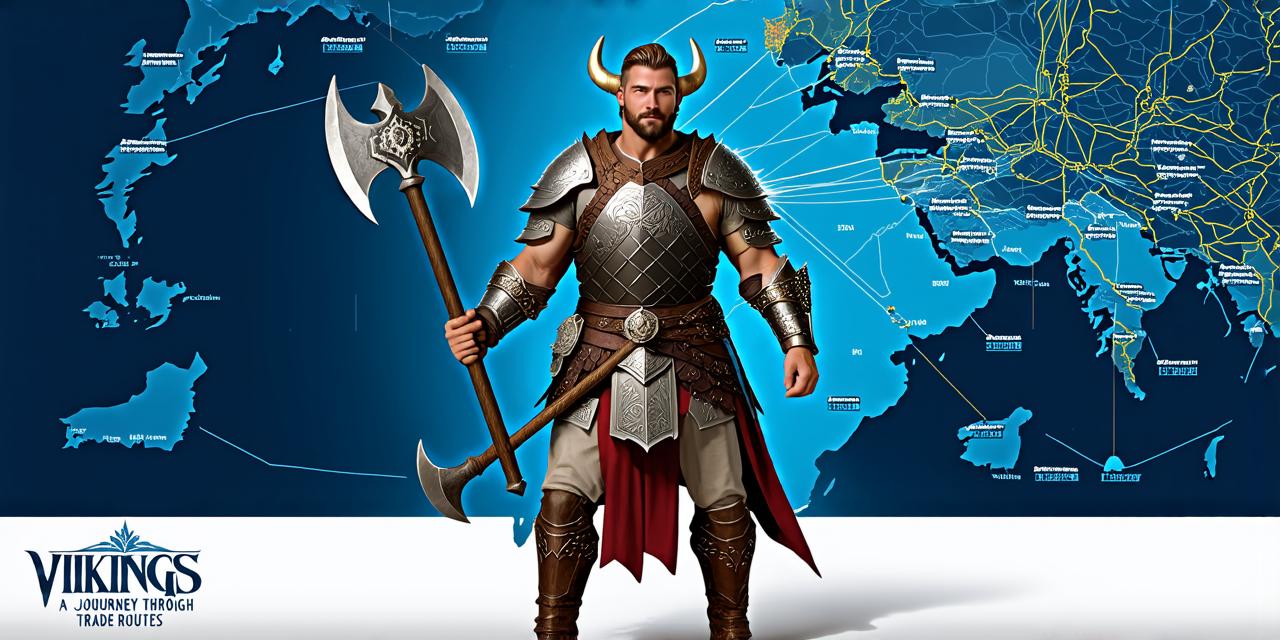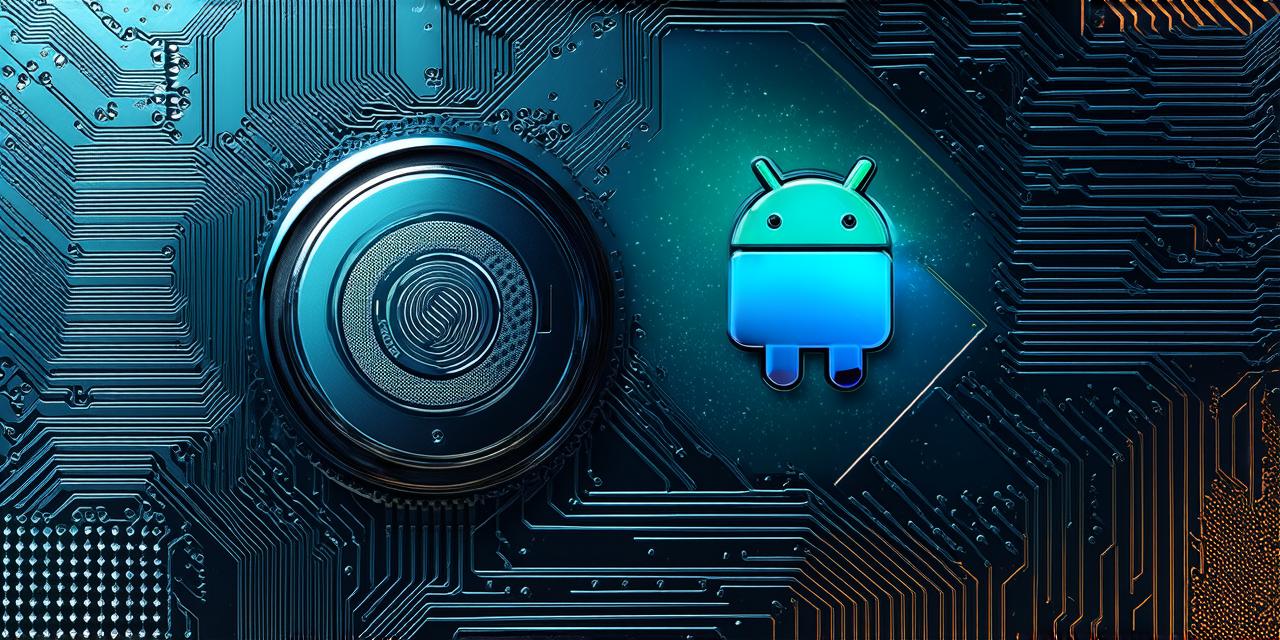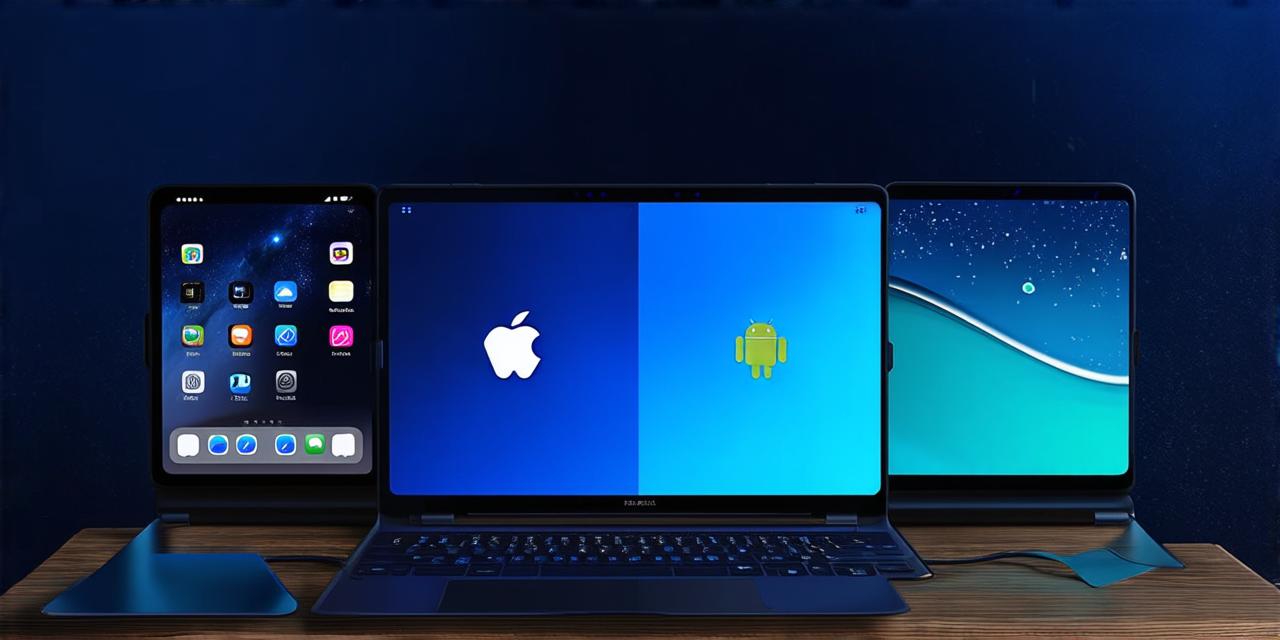<!DOCTYPE html>
Android Inception: The Early Years
Android was first released by Google in 2008 as an open-source operating system for mobile devices. It quickly gained popularity among developers due to its flexibility and customizability, which allowed them to create a wide range of games and applications.
One of the earliest successes on Android was Angry Birds, which was launched in 2009 and quickly became one of the most popular games on the platform. This paved the way for other successful games such as Gangstar: Miami Vice and Fruit Ninja.
Android’s early success can be attributed to its open-source nature, which allowed developers to easily create and distribute their games without needing permission from a central authority. Additionally, Android’s ability to run on a wide range of devices with varying hardware specifications made it accessible to a large and diverse audience.
However, Android’s early success also came with its own set of challenges. One of the biggest issues was fragmentation, as different manufacturers produced their own versions of Android with varying features and user interfaces. This made it difficult for developers to create games that would work seamlessly across all devices.
Apple Inception: The Beginning
Apple’s entry into the mobile game market can be traced back to 2007, when they released the iPhone. Apple’s approach to mobile gaming was different from Android’s, as they focused on creating a tightly controlled and curated ecosystem.
Unlike Android, which allowed developers to create games for multiple devices with varying hardware specifications, Apple’s approach to mobile gaming was more exclusive. They only allowed games that were specifically designed for their devices to be distributed through the App Store, which gave them greater control over the quality of games on their platform.
One of the earliest successes on Apple’s platform was Tetris, which was launched in 2008 and quickly became one of the most popular games on the iPhone. Other successful games included Bejeweled and Plants vs. Zombies.
Apple’s early success can be attributed to their focus on creating a high-quality user experience through their tightly controlled ecosystem. They also had a large and loyal customer base, which made it easier for them to market their platform and attract developers.
However, Apple’s exclusive approach also came with its own set of challenges. One of the biggest issues was the lack of choice for consumers, as Apple only allowed games from their approved list of developers to be distributed through the App Store. Additionally, Apple’s strict app review process made it difficult for independent developers to get their games on the platform, which limited the diversity of games available to users.
Android vs Apple: The Battle Begins
As Android and Apple continued to grow in popularity, they began to compete more directly with each other in the mobile gaming market. This led to a battle between the two platforms, as each tried to attract developers and consumers with their unique strengths and weaknesses.
Android’s open-source nature made it easier for developers to create games for the platform, which allowed them to quickly release new games and updates. Additionally, Android’s ability to run on a wide range of devices meant that there was a larger potential audience for games on the platform.
However, Android’s fragmentation also continued to be a challenge for developers, as they had to create games that would work seamlessly across all devices and operating systems. This made it difficult for them to create games with complex graphics or gameplay mechanics, which limited the types of games that were available on the platform.
Apple’s focus on creating a tightly controlled ecosystem also continued to be both an advantage and a disadvantage for the platform. On one hand, Apple’s strict app review process ensured that only high-quality games were available on their platform, which helped to maintain the quality of the user experience. However, this also limited the diversity of games available to users, as independent developers struggled to get their games approved by Apple.
Case Studies: Real-Life Examples of Android vs Apple Success
To better understand the differences between Android and Apple inception, let’s look at some real-life examples of successful games on each platform.
Android’s Early Successes
One of the earliest successes on Android was Candy Crush Saga, which was launched in 2012 and quickly became one of the most popular games on the platform. The game’s addictive gameplay and social sharing features made it easy for players to share progress with friends and family, which helped to drive its popularity.
Another early success on Android was Angry Birds 2, which was launched in 2013 and quickly became one of the most downloaded games on the platform. The game’s unique physics-based gameplay and constant updates kept players engaged and coming back for more.
Apple’s Early Successes
One of Apple’s earliest successes on their mobile gaming platform was Coin Master, which was launched in 2015 and quickly became one of the most popular games on the App Store. The game’s addictive slot machine-style gameplay and social sharing features made it easy for players to compete with friends and family.
Another early success on Apple’s platform was Clash of Clans, which was launched in 2013 and quickly became one of the most popular games on the App Store. The game’s strategic base-building gameplay and constant updates kept players engaged and coming back for more.
Comparing Android vs Apple Successes
When comparing the successes of Android and Apple, it’s important to note that each platform has its own unique strengths and weaknesses.
Android’s open-source nature allowed developers to create games quickly and easily, which helped them to release new games and updates more frequently than Apple. However, this also meant that there was less control over the quality of games on the platform, as developers could create games with varying levels of polish and functionality.
Apple’s focus on creating a tightly controlled ecosystem allowed them to maintain a high level of quality for games on their platform, but it also limited the diversity of games available to users. Additionally, Apple’s strict app review process made it difficult for independent developers to get their games on the platform, which limited the potential for innovation and creativity.
Conclusion: Choosing Between Android and Apple for Game Development
When choosing between Android and Apple for game development, there are several factors to consider. Each platform has its own unique strengths and weaknesses, and developers should carefully evaluate their specific needs and goals before making a decision.
If you prioritize speed and flexibility in your game development process, then Android may be the right choice for you. The open-source nature of the platform allows developers to create games quickly and easily, which can help you get your game on the market faster than your competitors.
However, if you prioritize quality and user experience, then Apple may be a better fit for you. The tight control that Apple maintains over their ecosystem ensures that only high-quality games are available on their platform, which helps to maintain a consistent level of quality across all games on the App Store. Additionally, Apple’s strict app review process can help to prevent low-quality games from being released on the platform, which can enhance the overall user experience.
Ultimately, the choice between Android and Apple will depend on your specific needs and goals as a game developer. By carefully evaluating the strengths and weaknesses of each platform, you can make an informed decision that will help you to create a successful game on either platform.



